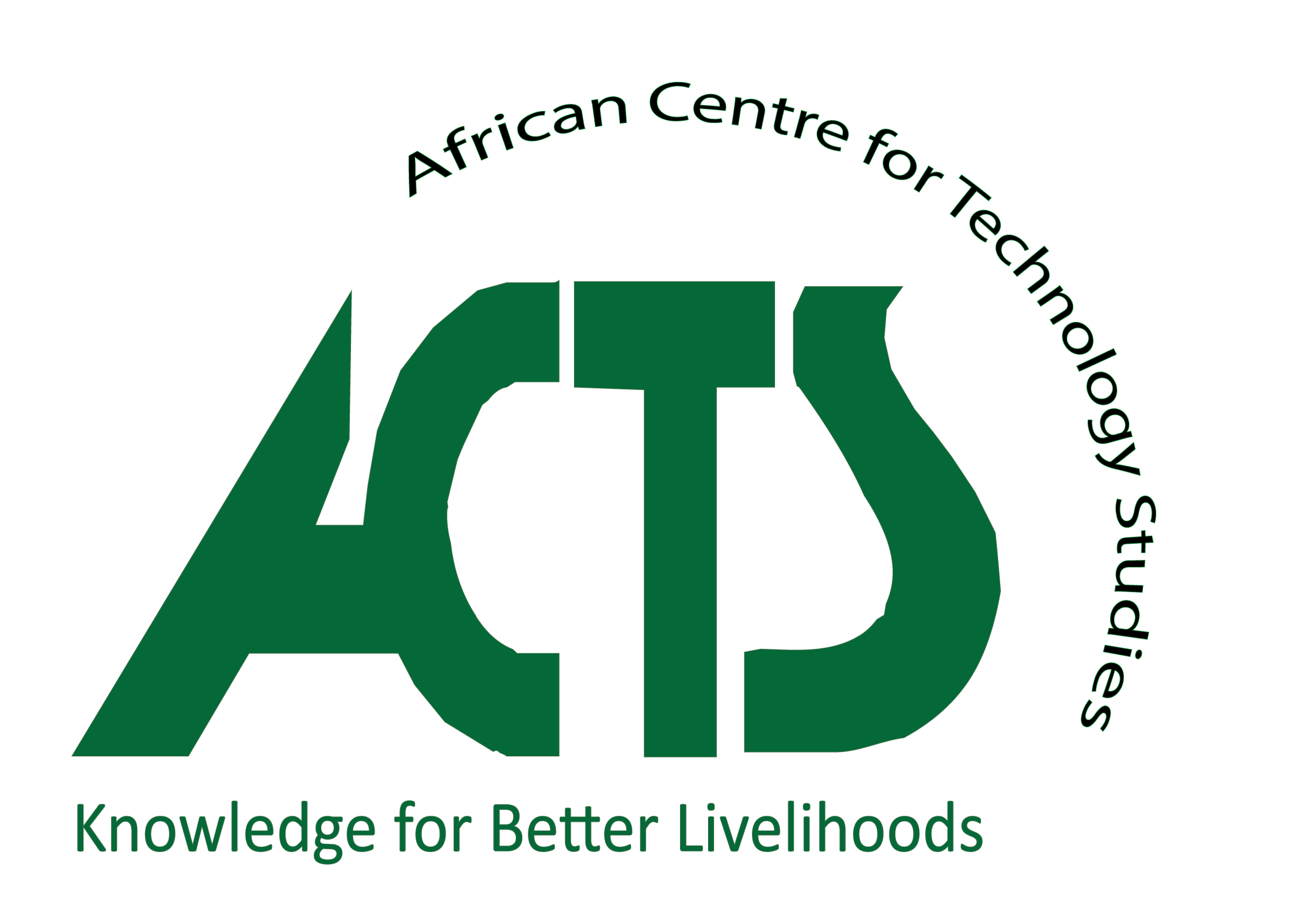The project aims to foster sustainable development by generating evidence that supports the growth of youth and women-led clean energy enterprises (CEEs) across Sub-Saharan Africa. The project focuses on Kenya, Uganda, Malawi, and South Africa and addresses the significant role of women and youth in the clean energy sector towards just and clean energy transition in the climate change discourse.

Project Goals and Objectives
The EVI-SICEE project operates with four primary objectives:
- Mapping of Clean Energy Enterprises (CEEs): Supported by evidence generated from youth and women led clean energy enterprises and/or business models.
- Assessing System Dynamics: Identifying factors that enhance or inhibit the success of youth and women in accessing business and/or innovation opportunities within the clean energy entrepreneurship ecosystem (CIE).
- Scaling Best Practices: Utilizing business incubation hubs to optimize and scale promising clean energy enterprises/business models across the target countries.
- Promoting Transdisciplinary Knowledge Sharing: Evidence based learning and exchange of knowledge among clean energy ecosystem stakeholders (research institutions, businesses in formal and informal sector, nongovernment organizations, funders and policymakers etc) to support the scaling of gender-responsive and impactful clean energy initiatives.

Project Outputs
Key outputs of the project include:
- Research Fellowships: At least five fellowships awarded to postgraduate students, leading to theses and academic articles focused on the intersection of gender, clean energy, and entrepreneurship.
- Enterprise Mapping Reports: Country-specific reports documenting best practices at the intersection between clean energy entrepreneurship and gender (youth and women).
- Business Incubation Models: At least 10 incubation hubs established, identified or supported for optimized business development support to at least 180 youth and women entrepreneurs.
- Policy Engagements: A series of national policy dialogues, peer learning visits, and knowledge dissemination activities will contribute to scaling clean energy enterprises and informing policy decisions.
- Project Outcomes
The anticipated outcomes of the project include:
- Increased Participation: Enhanced participation of women and youth in the clean energy sector through entrepreneurship and employment.
- Systemic Impact: The identification of systemic factors affecting access to business opportunities, leading to informed decision-making and policy development.
- Business Growth: Scaled-up and optimized clean energy enterprises, leading to job creation and increased investment opportunities, particularly for women and youth.
- Capacity Building: Strengthened innovation capacities within business incubation hubs, supporting the growth of sustainable and gender-responsive clean energy solutions.
Consortium Partners
The EVI-SICEE project is a collaborative effort that brings together multiple key partners from across Africa:
- Lead Institution: African Centre for Technology Studies (ACTS) https://www.acts-net.org
- Academic Partners: University of Johannesburg (South Africa) https://www.uj.ac.za, Makerere University Business School (Uganda) https://mubs.ac.ug, Mzuzu University (Malawi) https://www.mzuni.ac.mw, and KCA University (Kenya) https://www.kcau.ac.ke
- Innovation,Incubation and Business Partners: Kenya Climate Innovation Centre (KCIC) https://www.kenyacic.org, GAMOS East Africa- https://www.gamoseastafrica.org, MECs (Modern Energy Cooking Services- https://mecs.org.uk)
- Civil Society Partners: African Youth Initiative on Climate Change (AYICC- http://ayicckenya.blogspot.com), ACCESS Coalition - https://access-coalition.org
- Funding Partner: International Development Research Centre (IDRC - https://www.idrc-crdi.ca/en)
The Team
- Ann Kingiri – Pi
- Mourine Chepkemboi – Co- Pi
- Ann Numi – Research Fellow
- Daniel Musyoka – Research Fellow
- Caroline Mbaya – Research Fellow
- Yvonne Gitu – Communications and Research Assistant
- Tiffany Njoroge – Research Intern
- Joyce Gathaci – Rsearch Intern
This transdisciplinary project blends research, business incubation, and policy engagement to create a robust framework for scaling clean energy solutions led by youth and women in Africa.
Active Project Program contact
2023-2026 Ann Kingiri / This email address is being protected from spambots. You need JavaScript enabled to view it.
 |
 |
 |
 |
 |
 |
 |
 |
 |
 |

